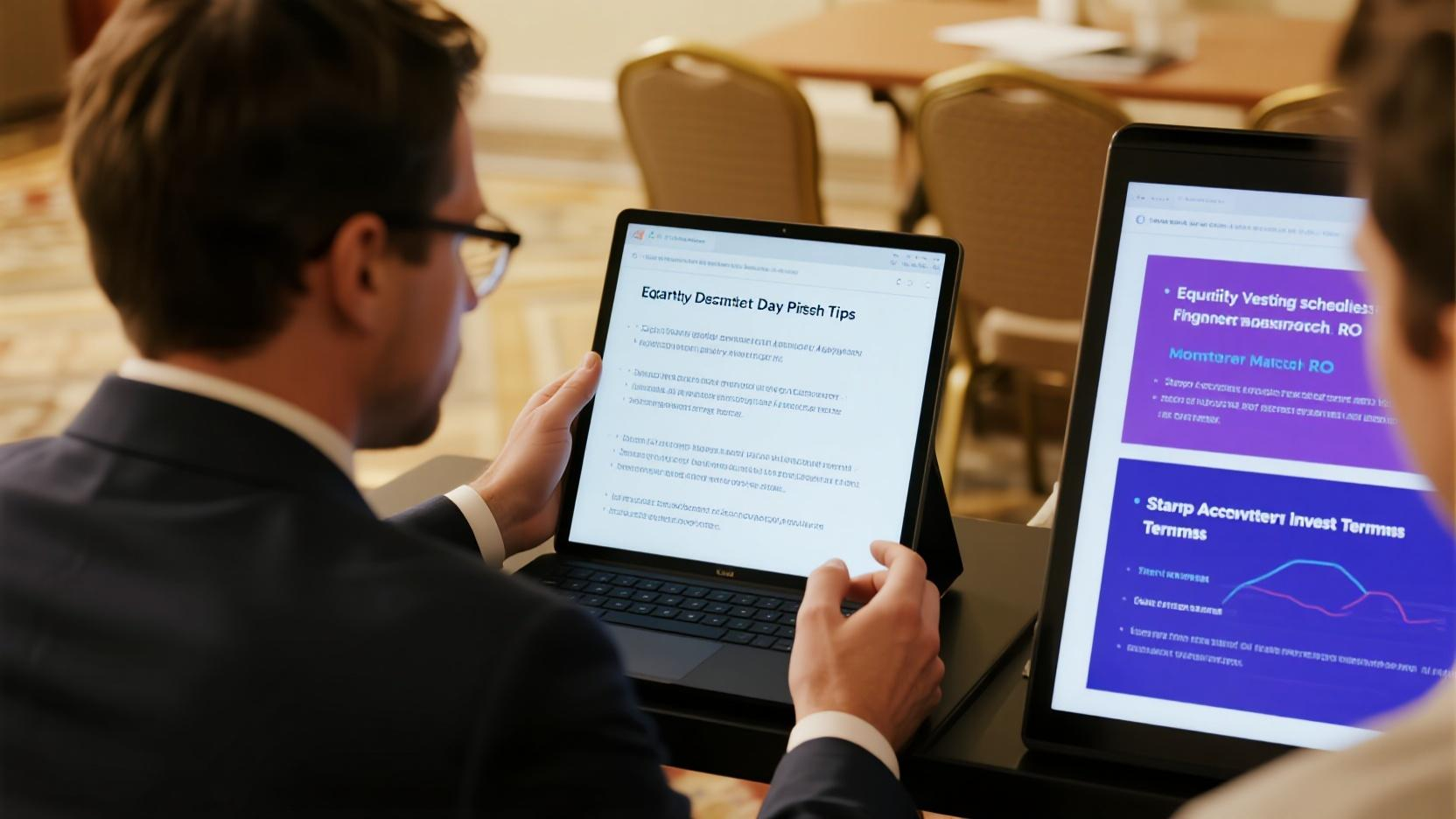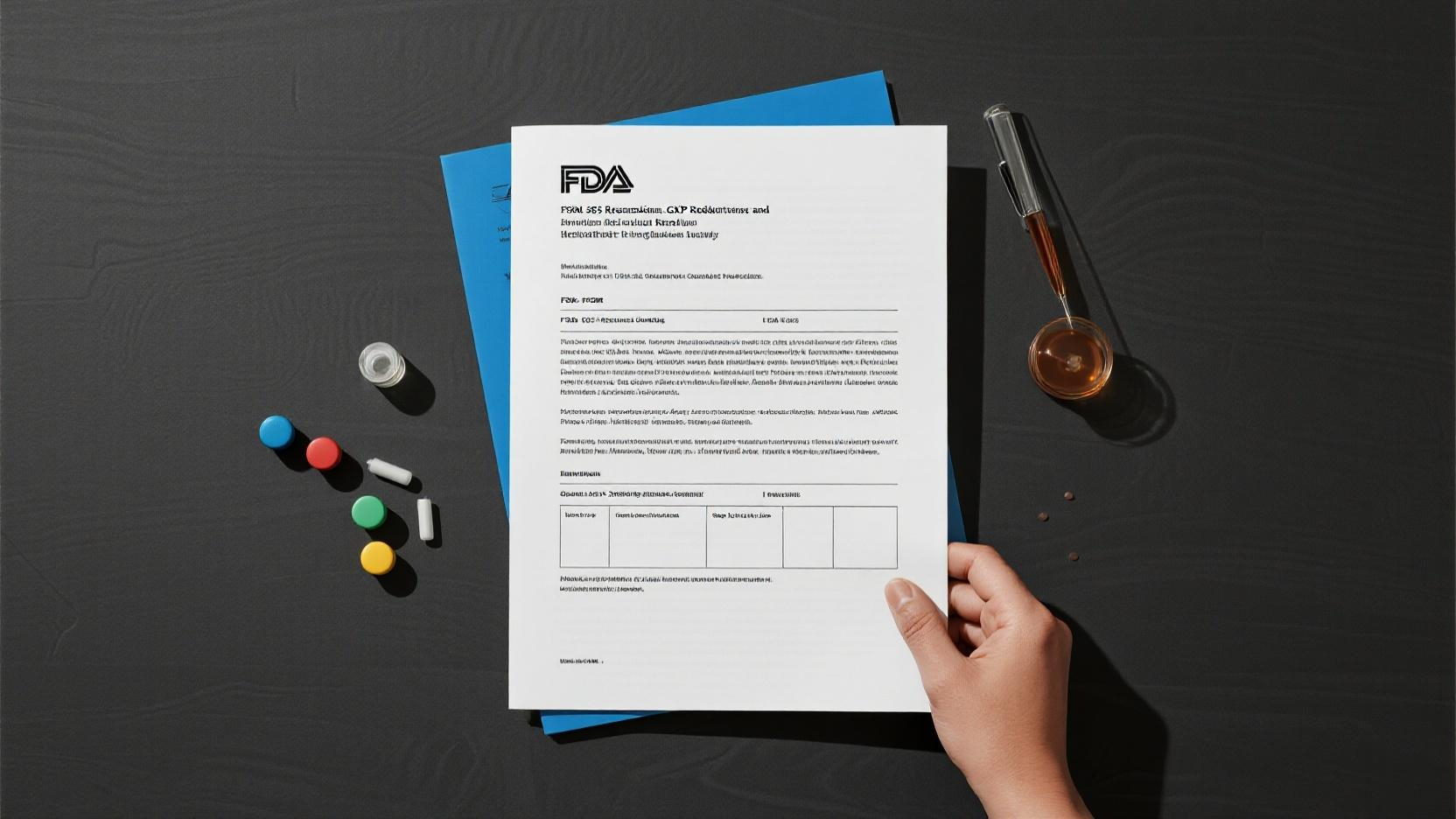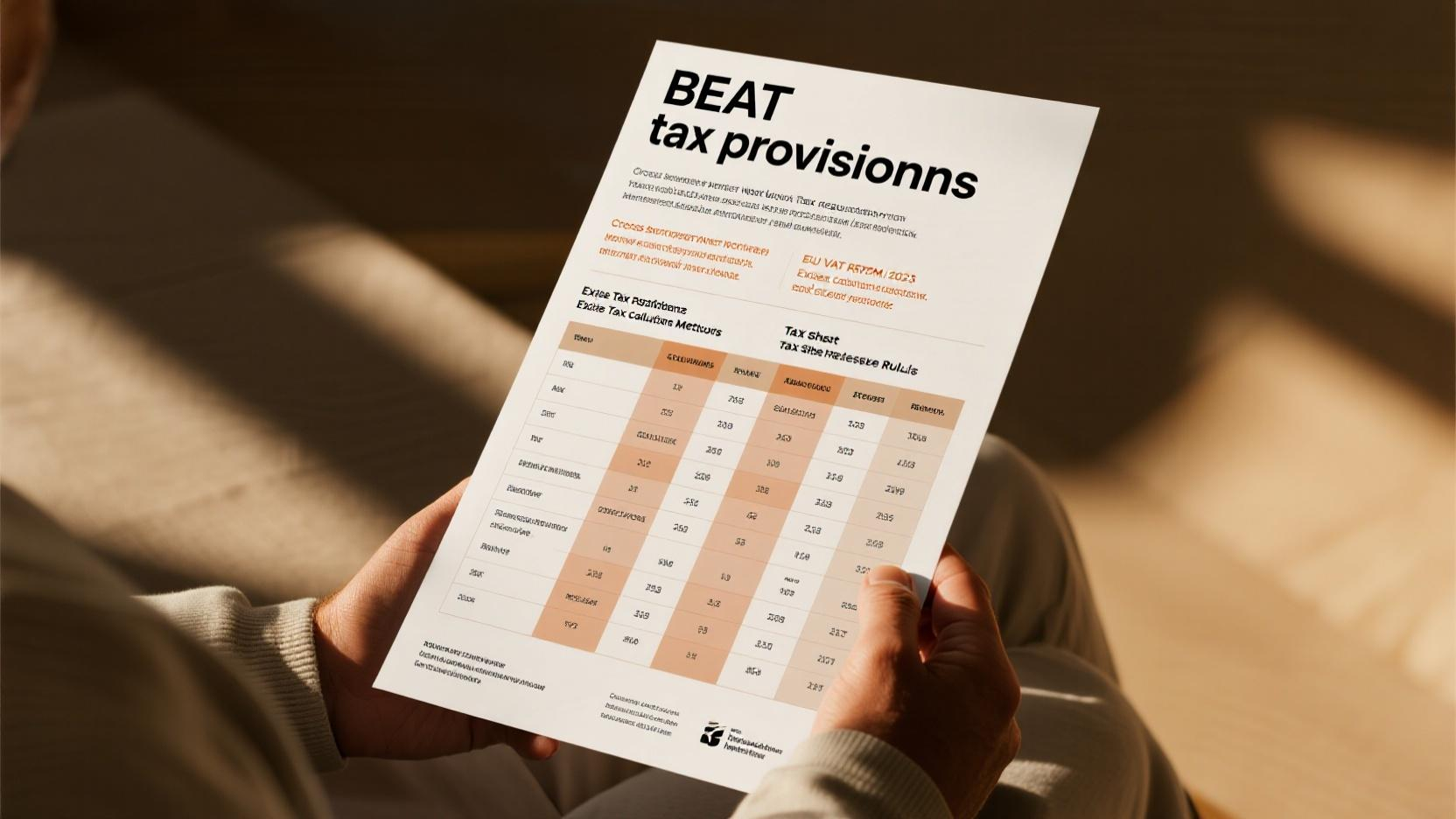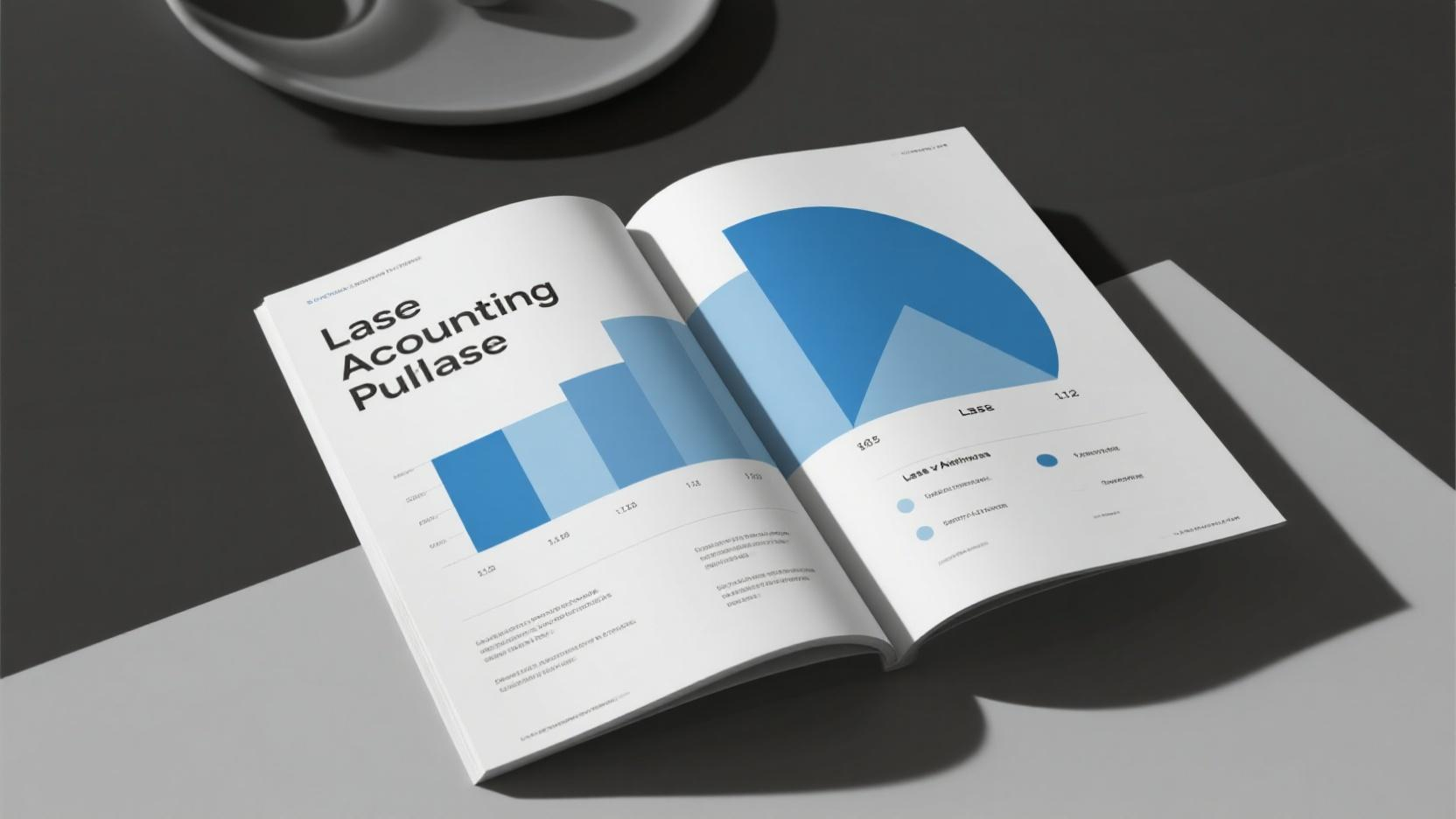Image Source: pexels
You should not ignore plans for handling tax audits, especially when considering ‘Corporate Tax Audit Strategies: Prevention and Remediation.’ Breaking tax rules can cause big problems for your business. These problems include legal trouble for cheating, fines starting at 25% of missed taxes, and losing customer trust. Stopping issues early and fixing them fast, as outlined in effective corporate tax audit strategies, keeps your business safe and successful.
Key Takeaways
- Learn what causes tax audits, like wrong deductions or bad records. Fix these to lower audit chances.
- Keep good records. Use different accounts for personal and business money to avoid confusion and follow rules.
- Hire tax experts for help. They explain tricky tax rules, find savings, and get you ready for audits.
Understanding Corporate Tax Audits
Common Triggers for Tax Audits
Tax officials check businesses when they notice certain warning signs. Knowing these signs can help you avoid problems. Common mistakes include:
- Taking too many or wrong deductions on tax forms.
- Using business money for personal expenses.
- Not keeping proper records of your finances.
- Missing deadlines to file tax paperwork.
Fixing these issues early can lower the chance of an audit. It also helps your business run without interruptions.
Types of Corporate Tax Audits
Audits are not all the same. Tax officials use different ways to check businesses based on the situation. Here’s a simple guide:
| Type of Audit | What It Means | How Intense It Is |
|---|---|---|
| Correspondence Audit | Done by mail, focuses on specific problems. | Low intensity, asks for some documents. |
| Office Audit | Happens at the IRS office for harder issues. | Medium intensity, includes face-to-face talks. |
| Field Audit | Checks financial records at your location. | High intensity, involves interviews and deep checks. |
| TCMP Audit | Random checks to ensure rules are followed. | Varies, may need lots of documents. |
Knowing these types helps you get ready if you are audited.
Risks and Consequences of an Audit
An audit can cause big problems if your business breaks rules. You might face:
- Paying fines and taxes you owe.
- Business delays or even shutting down in bad cases.
- Legal trouble for cheating, which could mean serious punishment.
Sometimes, breaking rules can make you personally pay for business debts. This shows why strong tax strategies are important. Staying honest protects your business and its good name.
Prevention Strategies

Image Source: pexels
Keeping Accurate Records and Strong Controls
Good records and controls help you follow tax rules. Try these tips:
- Keep neat financial records. Organized files make audits easier to handle.
- Use separate accounts for personal and business money. This avoids mix-ups.
- Check your accounts often. Compare them with bank statements to spot mistakes.
- Use accounting tools. Software helps reduce errors and saves time.
- Teach your team. Training helps workers understand tax rules and controls.
These steps build a strong system to avoid costly errors.
Following Tax Rules
Every business must follow tax laws. Focus on these steps:
- Learn your tax duties. This includes payroll and other taxes.
- File taxes on time. Late filing can lead to fines and extra checks.
- Use tax software. It tracks law changes and ensures correct calculations.
- Train your staff. Well-trained workers help avoid mistakes and stay compliant.
Clear rules and regular checks keep your business within the law.
Doing Reverse Audits to Spot Problems
A reverse audit finds risks before tax officials do. It helps by:
- Finding overpayments. You might learn about rules that lower taxes.
- Getting refunds. Recovering extra payments can help with future taxes.
- Discovering special credits. These can cut down your tax bills a lot.
Reverse audits give you a better view of your taxes and fewer surprises.
Using Tax Experts for Help
Tax experts are great for handling tricky tax rules. They can:
- Update you on new tax laws. This helps you avoid problems.
- Find savings. Experts know deductions and credits you might miss.
- Plan ahead. They help you prepare for taxes and future goals.
Working with experts makes tax planning easier and more effective.
Responding to an Audit
First Steps After Getting an Audit Notice
When you get an audit notice, act quickly and carefully. Follow these steps:
- Let the tax office know you got the notice right away.
- Learn your rights, like asking questions or having a representative.
- Only give the information they ask for to avoid problems.
- Check your records carefully and prepare simple answers for interviews.
- Stay neat and helpful to show honesty during the process.
These actions help you handle the audit calmly and professionally.
Building a Strong Team for the Audit
You need a good team to handle a tax audit. Include both inside staff and outside experts who know taxes well. HR, accounting, and payroll staff should manage records and paperwork. Give each person clear tasks to avoid confusion. A well-planned team keeps things smooth and reduces business disruptions.
Steps in the Audit Process
Knowing the audit process helps you stay ready. Here’s how it works:
- Audit Notice: Get the notice and understand what it’s about.
- First Contact: Share the requested details with the auditor.
- Document Check: Make sure your financial records are correct.
- Interviews: Answer questions honestly and explain when needed.
- Final Steps: Fix any issues or changes they suggest.
Be on time, polite, and open at every step. This builds trust and keeps things moving.
Talking Clearly with Tax Officials
Good communication with tax officials is very important. Reply to notices quickly and stay polite in all talks. Be organized and share correct details without hiding anything. Answer truthfully and explain when needed. Being honest and cooperative makes the process faster and leaves a good impression.
By using these tips, you can handle audits confidently and protect your business’s name.
Remediation Strategies
Fixing and Solving Audit Problems
Fixing audit problems needs a clear and active plan. First, ask questions if you don’t understand the auditor’s points. Be honest and open about the issues to build trust. Create a team with your staff and outside experts to handle the problems. Make sure everyone knows their job to work together well.
Find out why the problems happened by looking at the root cause. Use this to make a plan to fix mistakes and stop them from happening again. A tax expert can help you feel more confident during meetings and guide you through the process.
Working Out Deals with Tax Officials
Working out deals with tax officials can lower fines and settle issues faster. Start by gathering all the papers that support your side. Learn how tax officials usually handle cases to prepare better. Stay calm and polite during talks, and understand their job of collecting taxes.
Explain the deal clearly, including how it affects future taxes. If money is tight, show proof to back up your claim. Being ready and respectful can help you get a good result and keep your business’s good name.
Challenging Audit Decisions You Disagree With
If you think the audit decision is wrong, you can appeal. Send your protest within 30 days of getting the IRS letter. Include your name, address, tax years, and a list of what you disagree with. Add reasons and facts to support your case.
Make sure your papers are correct and complete. During the appeal, you might lower fines or settle issues. If the appeal doesn’t work, you still have to pay fines and interest. Filing an appeal shows you care about fairness and following the rules.
Making Changes to Follow Rules in the Future
To stop audits from happening again, make changes to follow rules better. Create a plan to fix the problems found in the audit. Get help from people in your company to make sure you have the tools and support you need.
Use technology to make following rules easier and check progress often. Update your audit plans and tax strategies based on past mistakes. Keep good records and stay updated on tax law changes. These steps will help your business stay safe and avoid future audits.
Stopping problems early and planning well can protect you from tax audits. Experts can guide you to follow rules by teaching, sharing advice, and spotting issues quickly.
To prevent audits later, make a list of tax risks, link risk checks to business plans, and improve record-keeping. These actions help you stay safe and worry less.
FAQ
What should you do if you think a tax audit is coming?
Check your financial records to make sure they are correct. Talk to a tax expert to find risks and plan ahead.
Can hiring a tax expert really lower audit risks?
Yes, tax experts help you follow rules, find savings, and avoid mistakes. Their knowledge keeps your business ready for audits.
How long does a corporate tax audit usually last?
It depends on the type and difficulty of the audit. Mail audits might take weeks, but in-person audits can take months. Being ready makes it faster.












